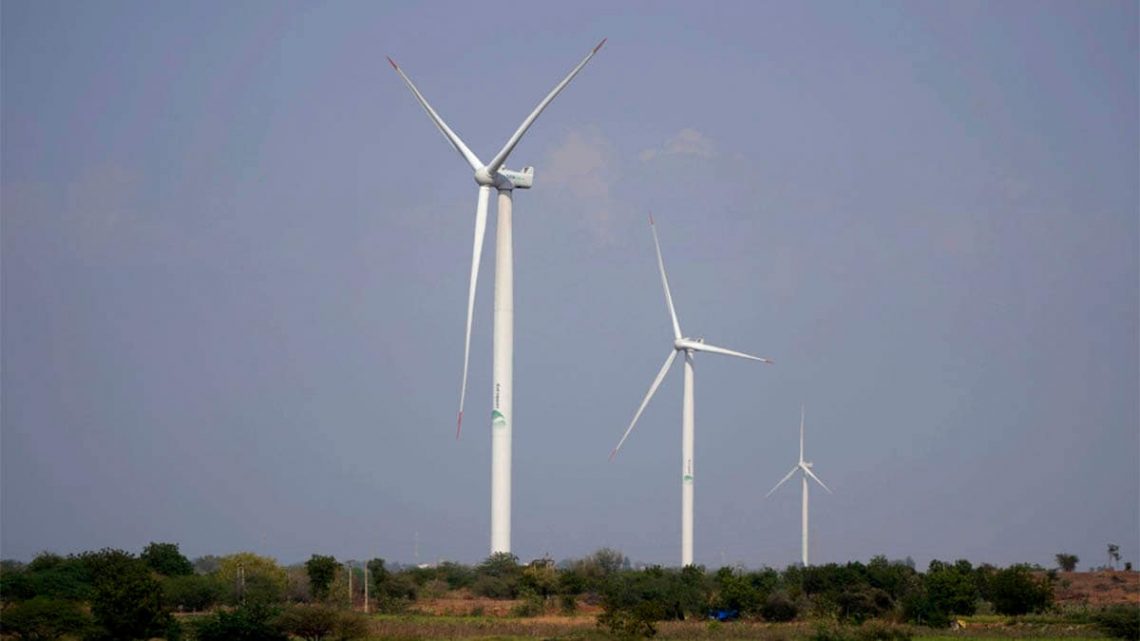The 2024-2025 Economic Survey enshrined what India needs to learn from developed countries regarding practising energy transition. The 436-page survey was presented by Finance Minister Nirmala Sitharaman a day before she was scheduled to present this year’s union budget. In the survey, Chief Economic Advisor V Anantha Nageswaran laid out the reality of the country’s energy sector and what India needs to do to be in a better position in this regard.
While introducing the topic, the survey highlighted the circumstances under which Western countries transitioned from one energy source to another. The team gave the example of how the United Kingdom transitioned from wood to coal due to the concerns over rapid loss of forests. More recently France transitioned from oil to nuclear energy in the 1970s due to the oil embargo imposed by the oil-producing countries in 1973.
Another interesting fact which was highlighted by the survey is that the energy transition in several nations was motivated by commercial interests rather than the will to limit emissions, keeping the environment in mind. The survey noted that even in 2022, the European Union introduced the REPower EU plan, only to reduce dependence on Russia after imposing sanctions against Moscow due to its invasion of Ukraine.
“Actions speak louder than words, with the biggest beneficiaries of carbon-intensive growth over several centuries holding on to fossil fuels even as they would want the developing countries to take up the less efficient, costlier and riskier options,” the survey said highlighting how developed countries still rely on fossil fuels to meet their energy demands.
The survey pointed out that the actions of the developed countries indicate that there is still friction between energy transition and energy security. It pointed out how developed nations are still struggling to transition to renewable energy sources such as wind and solar.
“The shift from coal to natural gas as the base load has been the policy choice for ensuring grid stability in the UK and other developed countries. Developed countries have utilised their most abundant fuel in their transition,” the survey asserted.
“The transition to renewable energy has been tardy, forcing a return to fossil fuels to ensure stable supply and address rising electricity prices,” it furthered.
The economic survey emphasised that India still has growing energy needs. However, the survey pointed out that even in “the most advanced economies, the technologies for renewable energy and their implementation are not yet at a maturity level that allows them to fully replace fossil fuel-based power plants.”
Nageswaran’s team emphasised that coal continues to play an important role in India’s sustainable development. Hence, they emphasised that there is no need to shut down coal plants. “In India’s case, most capacity additions to the coal-fired power plants were made only in the 2010s. There is no valid economic rationale for shutting down coal plants in India, leaving huge investments underutilised and stranded and without a dependable alternative in place,” the survey explained.
The survey team warned that the present resource endowments indicate that coal cannot be neglected as a reliable and affordable source of energy for India’s development. The survey does provide some alternatives. They noted how nuclear became an efficient source of energy and is seen as a reliable alternative to fossil fuel. However, the survey advised policymakers to proceed with caution.
“The expansion of the use of nuclear power has to contend with public concerns about safety and the uncertainty that the latest technologies are controlled by a few countries,” it stated. The survey also highlighted the challenges of “disposing of renewable energy technologies,” especially solar panels.
They took the example of how the state of California, which has been a leading promoter of rooftop solar for two decades, did not develop a comprehensive plan for managing the end-of-life of these systems. “Disassembling and recycling solar panels is complex and demands highly specialised equipment and skilled workers,” the survey stated. Hence, it recommended India to work on the implementation of proper waste management strategies for renewable energy systems.
“Effective disposal methods must be developed to manage by-products and materials associated with renewable energy technologies to mitigate potential negative impacts on ecosystems and public health,” the survey concluded.
Link to article –
Energy transition: What India aims to learn from the experience of developed nations
